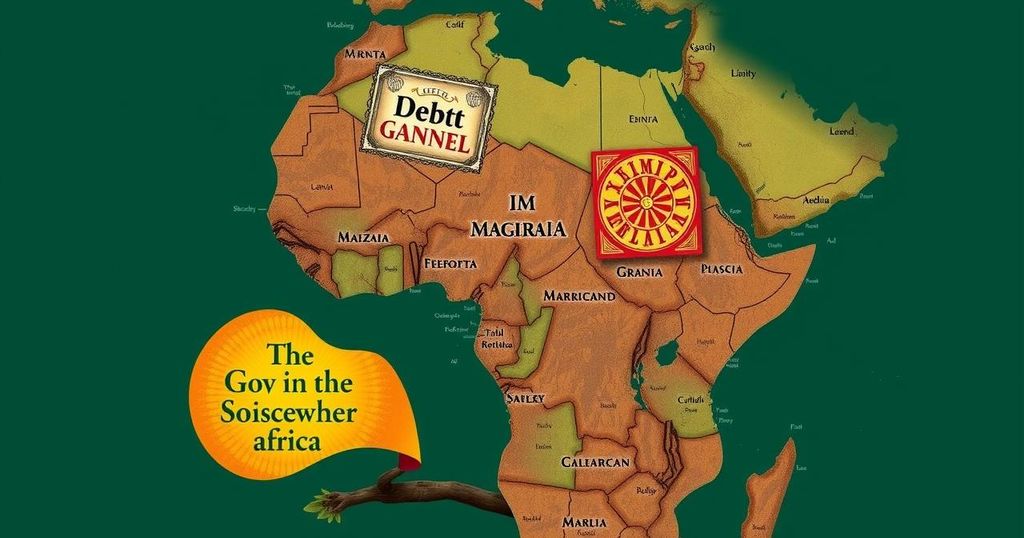The Debt-Education Nexus: Insights from Zimbabwe, Eritrea, South Sudan, and South Africa

This article explores the connections between public debt and educational access in Zimbabwe, Eritrea, South Sudan, and South Africa. It highlights how financial constraints and poor governance adversely affect education systems in these countries, demonstrating the necessity for comprehensive debt management strategies that prioritize educational investment and transparency. It calls for international cooperation to uplift educational opportunities amidst fiscal challenges and corruption.
The intricate relationship between public debt and the right to education is profoundly evident in the experiences of Zimbabwe, Eritrea, South Sudan, and South Africa. Each country showcases how financial constraints and governance challenges undermine educational access and quality. Zimbabwe’s history of hyperinflation and debt has led to significant underfunding in education, resulting in inadequate infrastructure and low enrolment rates. Eritrea’s militarization of resources, coupled with national service, restricts educational access. South Africa, despite its economic advancements, continues to grapple with educational inequities rooted in apartheid, hampered by corruption and poor resource allocation. South Sudan faces dire challenges, as conflict and mismanagement compromise its educational infrastructure, with minimal funding and significant displacement affecting learning opportunities. Overall, the intersection of these fiscal pressures and educational needs highlights the necessity for comprehensive debt management strategies that prioritize educational investment, promote transparency, and foster international collaboration to ensure sustainable development and equity in education.
The article discusses the significant and often detrimental impact of public debt on education systems in four African countries: Zimbabwe, Eritrea, South Sudan, and South Africa. It outlines how financial mismanagement, governance issues, and prioritization of military or other sectors over education impede access to quality learning. By examining these countries, the article conveys broader themes regarding the interplay of debt, governance, and educational rights within the framework of international human rights laws and sustainable development goals.
In summary, the experiences of Zimbabwe, Eritrea, South Sudan, and South Africa reveal the critical connection between debt management and educational access. These nations face unique challenges that underscore the urgent need for effective fiscal policies that safeguard educational investments, combat corruption, and integrate community involvement in budgeting. The lessons drawn from these cases call for actionable strategies to ensure that debt does not impede the fundamental right to education, thereby fostering equitable and sustainable development.
Original Source: www.amnesty.org








